Venticool newsletter issue #24 - July 2024
The July 2024 edition of the venticool bi-annual newsletter.
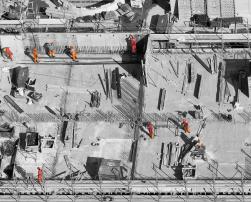
Addressing embodied carbon: a critical step toward UK’s net-zero emissions
To achieve net-zero emissions by 2050, the UK must address not only operational but also embodied carbon emissions from building materials and processes, a significant oversight in current policies.

New cooling fabric for buildings reduces heat from sunlight and thermal radiation
Researchers have developed a cooling fabric that, when applied to buildings, can reduce internal temperatures by mitigating heat from sunlight and thermal radiation.
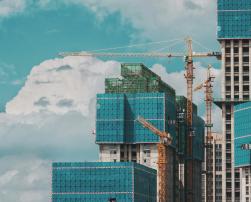
Innovations and strategies for sustainable construction
The UNEP's March 2024 report underscores record-high CO2 emissions from building operations and construction in 2022, prompting global initiatives for carbon neutrality and sustainable practices in urban planning and business strategies.
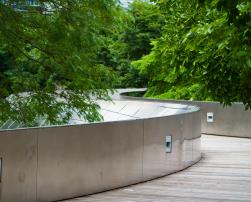
Green transition in building sector: A $1.8 Trillion opportunity to reduce carbon emissions
Transitioning the building sector to greener practices can significantly reduce carbon emissions and unlock $1.8 trillion in global opportunities through sustainable innovations and collaborative efforts.

Sustainable innovation at Prague's Sugar Factory estate: introducing Rebetong concrete
The Sugar Factory estate in Prague has begun constructing initial buildings using Rebetong concrete, an innovative material aimed at reducing CO2 emissions and advancing sustainable building practices in Europe.
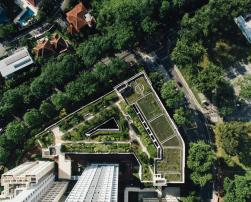
Green roofs in Nairobi: enhancing urban sustainability amidst climate challenges
In Nairobi, green roofs help lower water bills, reduce energy consumption, and support biodiversity, contributing to urban sustainability efforts amidst climate challenges.

ConnectHeat initiative calls for applications to develop sustainable heating and cooling communities across Europe
ConnectHeat launches a call for applications to develop sustainable heating and cooling communities across Europe, offering support and expertise to local authorities and energy implementers.
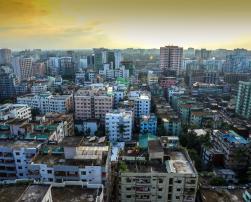
Natural ventilation: key to healthier urban living in Bangladesh
Natural ventilation is crucial for public health in Bangladesh's urban areas, where high-rise buildings and congested alleys often neglect its benefits, despite rising concerns over respiratory and mental well-being, exacerbated by reliance on air conditioners and limited ventilation in modern urban flats.

Air Conditioning (AC) use in Europe: trends and impacts
Air conditioning use in Europe has risen significantly due to climate change, posing environmental challenges despite its essential role in heatwave mitigation. What are the possible solutions?